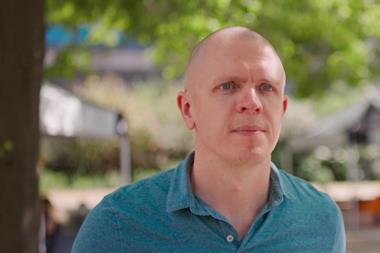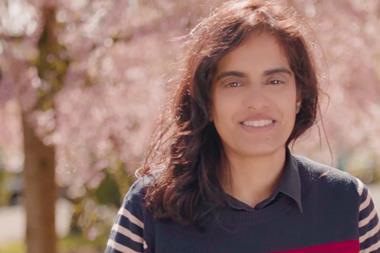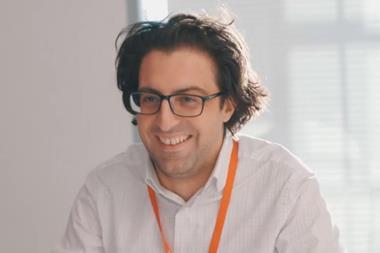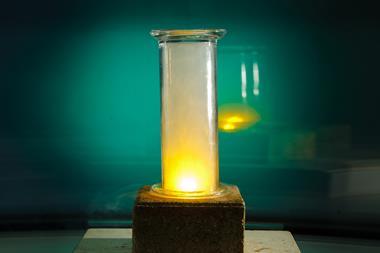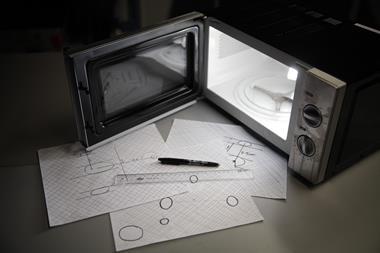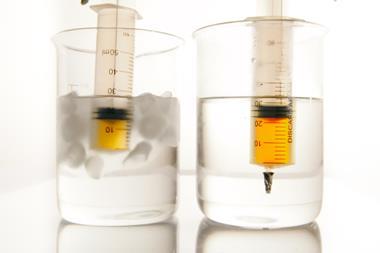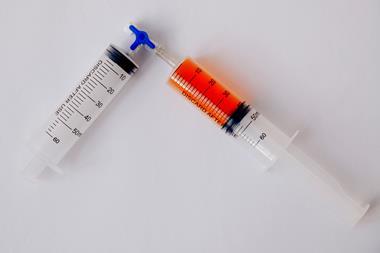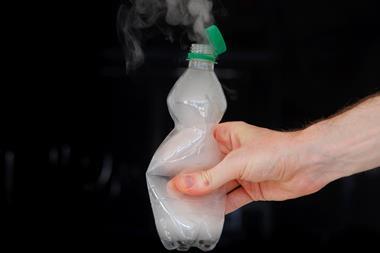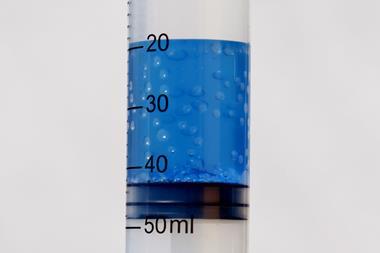Everything you need to know
-
- Salary range: £40k+
- Minimum qualifications: Degree-level qualifications (including master’s) or HND in a computing-related subject (Prospects).
Studied at: University of Kent - Skills required: Technical coding skills, problem solving, communication
- Training required: No specific additional training required
- Work–life balance: Flexible
- Career progression: Opportunities to apply for more senior positions/responsibility
- Locations: Find related work experience positions using our map of employers
More profiles like Aruna's
What do you do?
I work as a senior software developer for the Cambridge Crystallographic Data Centre (CCDC), with a focus on the Cambridge Structural Database (CSD). I develop software for the CSD, which contains vital information used in the creation of new medicines and materials. I help to develop advanced search, data mining, analysis and visualisation software to enable scientists to extract insights and predict new outcomes.
The CSD stores information on more than one million 3D crystal structures – each with its own unique ID-tag. It is a resource that is used by chemical scientists worldwide to inform their research. Browse the CCDC’s website to find out more about what they do.
How does your work affect the world around us?
My job is to make the CSD as useful and easy as possible for scientists to acquire the information they need to make world-changing advances. This could be in medicinal discovery or finding more sustainable and eco-friendly materials. I do believe chemistry can change the world because we are still learning about the world we live in and, the more we discover, the easier it will be to make a positive contribution to institutions like healthcare, food, sanitisation and chemical analysis.
What is your typical day like?
I work with other software developers and scientists and my working day normally entails working with my teammates to analyse and understand user requirements, estimate the amount of effort required to build the features and then working to develop the code. On a day-to-day basis, I work on improving the usability of the CSD so it’s easier for scientists to search and make new discoveries.
What inspired you to work in chemical science? How did you get into your job?
I studied science at A-Level because I wanted to get into medicine. Even though I later branched into software engineering, the passion for the sciences remained. I worked for the Royal Society of Chemistry for six years after mainly working in engineering roles. I found myself interested in both the chemistry as well as the software development aspects of my role so, when the opportunity at the CCDC came up, I decided to pursue it as it afforded me the chance to stay in both fields.
What do you like most about your job? What skills do you need for what you do?
I like problem solving – being able to take a complex user requirement and come up with a software solution. My role involves being able to communicate effectively and clearly, breaking down problems into manageable blocks and being able to manage my own time.
What advice would you give to a young person considering a career in your field?
Keep an open mind in terms of which job roles you would like to pursue as you can always grow in a role and transfer the skills to a different line of work further down the road.
What are your plans for the future?
Further down the line, I’d like to manage a team of software developers and inspire them to look beyond the day-to-day job to really see the impact of the work they do on the wider society.
Aruna Nelson, software developer CCDC.
Published September 2022








